CSRD framework: our learnings from year one
CSRD framework: our learnings from year one
Our Head of Reporting shares insights into our voluntary CSRD report, overcoming reporting challenges, and navigating evolving regulations
Our Head of Reporting shares insights into our voluntary CSRD report, overcoming reporting challenges, and navigating evolving regulations
In 2025, we voluntarily aligned our sustainability reporting with the Corporate Sustainability Reporting Directive (CSRD) framework. Why? Because we saw both a challenge and an opportunity. The process brought valuable insights, tested our cross-functional collaboration, and sharpened our strategic direction.
Leading the charge was Christian Smith, our Head of External Stakeholder Engagement and Reporting. We sat down with him to explore how the transition unfolded, what hurdles the team faced, and the key takeaways from this ambitious reporting journey. Dive into the full interview below.
Can you walk us through how Zalando approached the transition from previous sustainability reporting frameworks to CSRD?
CS: The process took about 18 months. Big internal projects at Zalando are guided by the Product Development Process (PDP) which helps you break down massive pieces of work into manageable streams. We spent a good amount of time determining the problem area by forming a team to understand the directive’s requirements, identify available data, and engage relevant business units. It was one of our most complex cross-functional projects, involving teams from across the business from HR to logistics to public affairs, and more.
What were some of the biggest challenges we encountered during the reporting process?
CS: There were quite a few big challenges. Understanding reporting requirements was challenging, especially as some data points were designed for companies with heavy manufacturing - so translating this for an organisation selling products mostly manufactured in our scope 3* and a lot outside of Europe took a lot of time. Managing the sheer size of the reporting requirements also posed a challenge, as did ensuring all business units understood their responsibilities. Additionally, developing internal controls and navigating the audit process required external expertise.
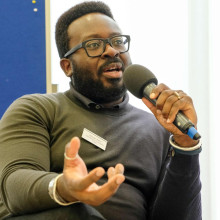
Although the CSRD has not yet been transposed into German law, we chose to move forward with a CSRD report to ensure our external stakeholders had the most up to date information.
Christian Smith - Head of External Stakeholder Engagement and Reporting at Zalando
The European Commission has recently adopted the "Omnibus proposals" aimed at streamlining CSRD and related legislation. How do you navigate this evolving regulatory landscape?
CS: Navigating evolving rules was challenging. At one point, we even had to restart the double materiality assessment. When it comes to achieving our strategic goals, the original proposed CSRD/CSDDD thresholds, which included more companies, would have been useful and strengthened our hand. Broader coverage would have improved data quality across the board, supporting our own reporting and strategy. Despite the uncertainty, our clear strategy, focusing on decent work and net zero, allowed us to stay on track. We’ll continue as planned until further legislative clarity is provided.
What advice would you give to other companies preparing for their first CSRD report?
CS: Stay calm and leverage existing data. While granular data is needed eventually, you can start with broader methodologies like carbon accounting to build a foundation.
*Scope 3 are emissions coming from indirect sources and include GHG emissions resulting from the manufacturing of products sold through Zalando channels, product use-phase emissions, transport-related emissions, packaging emissions, and product end-of-life emissions, amongst others.
Want the highlights?
We've transformed our full CSRD report into a Digest version, designed for greater transparency and accessibility. It captures the key insights and actions that matter most.
Learn more
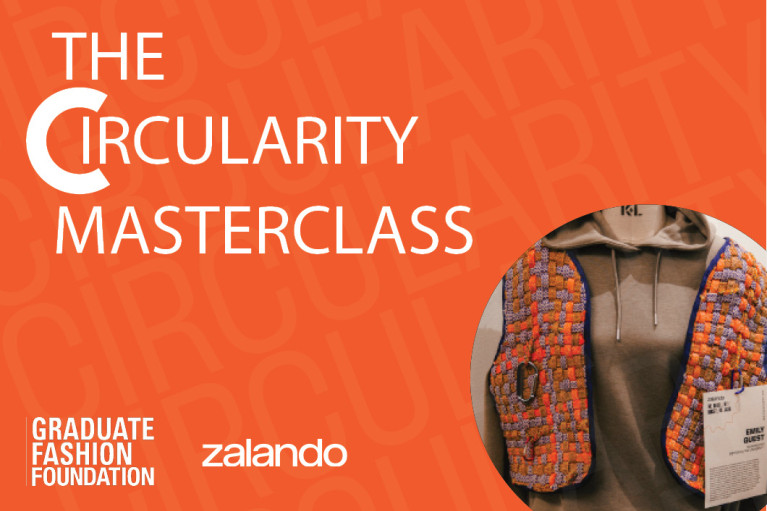
Beyond the textbook: training future circular fashion leaders
We're launching the expanded 2025/26 Circularity Masterclass to drive industry transformation
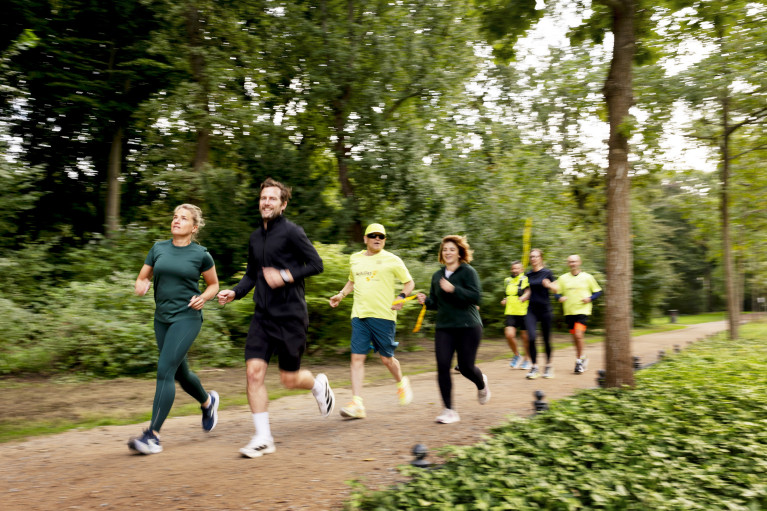
Get more from your run
Running for all: a panel with para-athletes at the Zalando Run Zone
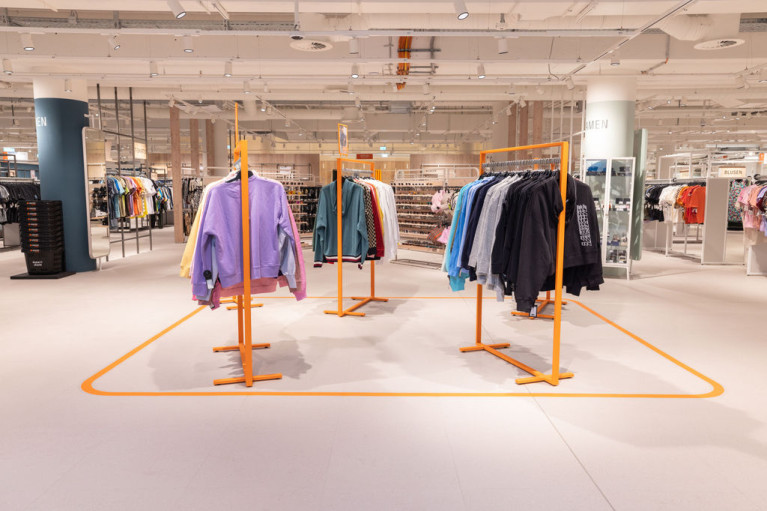
Outlet by Zalando: giving clothing, footwear and accessories a second chance
How we offer goods from our online shop and refurbished returns at attractive prices, giving fashion a second life.
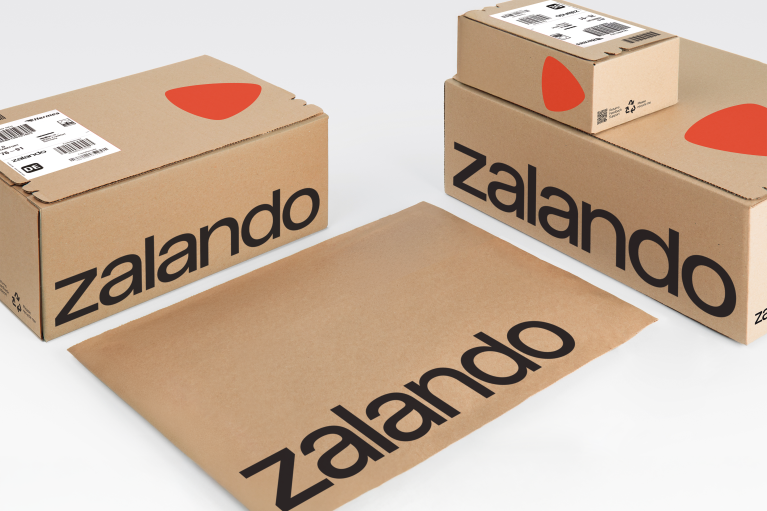
Unwrapping a fresh look
Our new brand identity is now showing up on our packaging! Spot the fresh design in your next order – bold, inspiring, and unmistakably Zalando.

If the shoe fits, wear it!
The evolution of Adaptive footwear is making it easier for everyone to put on stylish shoes by themselves and feel great about their outfit from head to toe

What’s on our packaging
What makes great and more sustainable packaging? Discover how we’re rethinking packaging and why paper vs plastic isn’t always black and white.
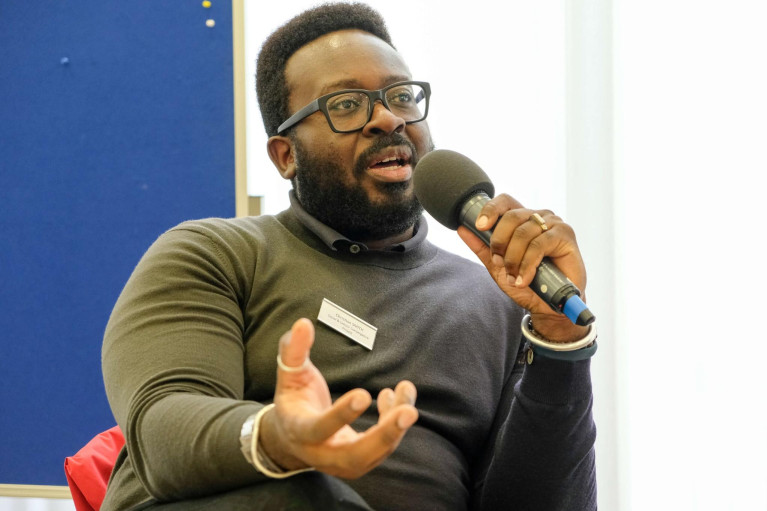
CSRD framework: our learnings from year one
Our Head of Reporting shares insights into our voluntary CSRD report, overcoming reporting challenges, and navigating evolving regulations

Walking the talk
Our latest sustainability behaviour report is a call for collective action. Here are five ways we’re making a difference.
